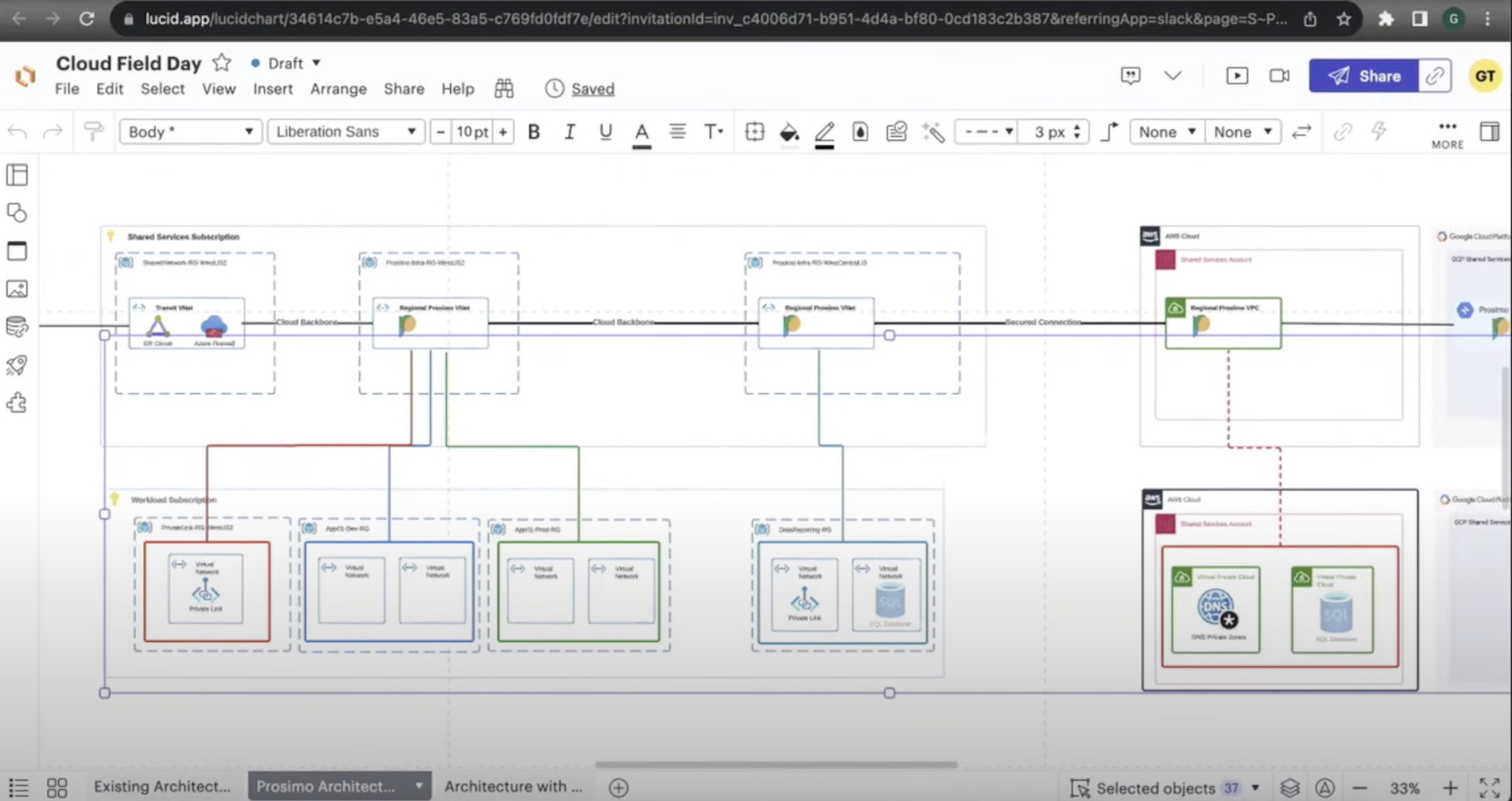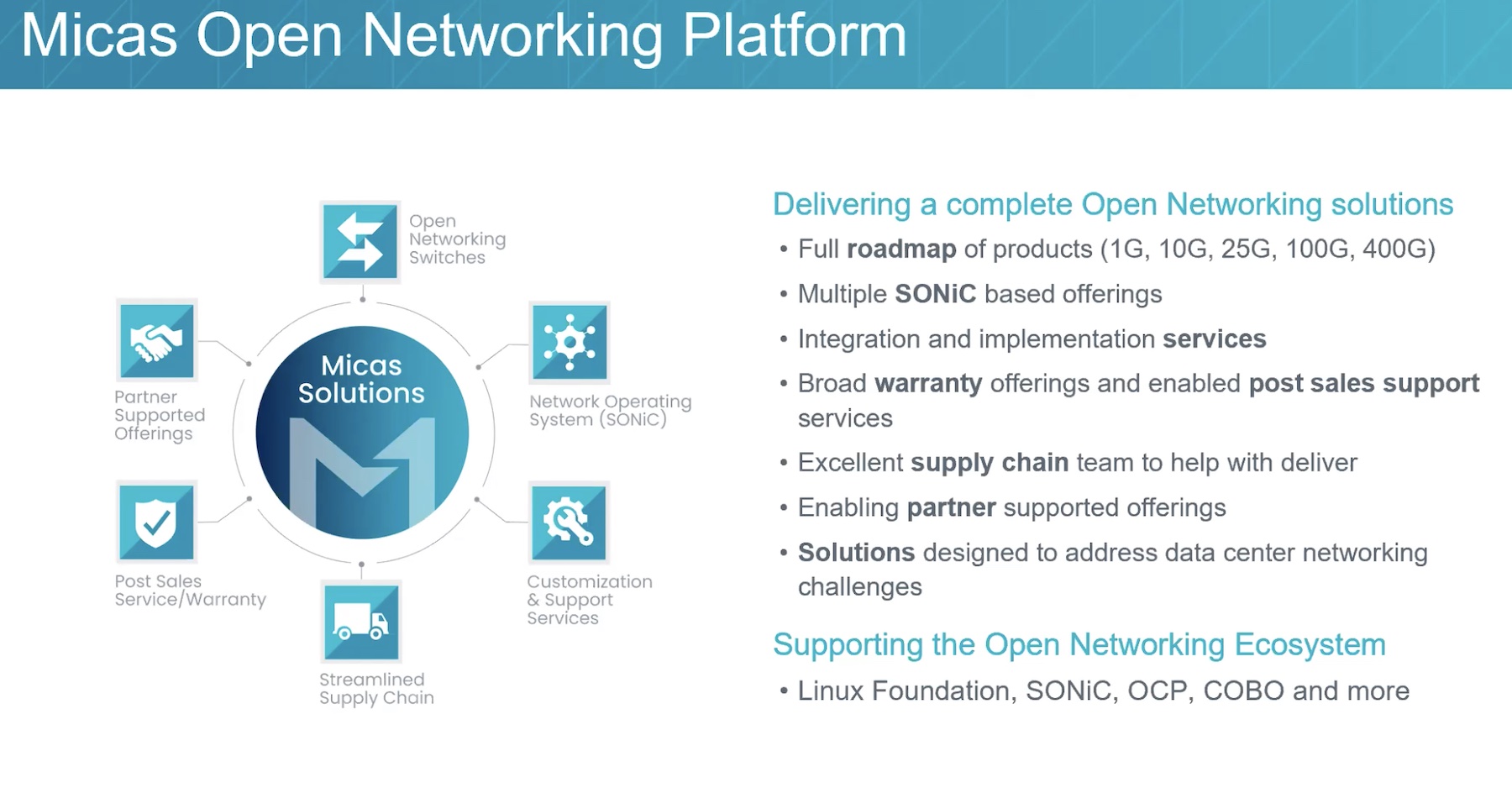I don’t know if Apple really cares about privacy as a principal. But recently, they’ve made no bones that they want to use it as a product differentiator. They’ve publicly fought against court orders to unlock iPhones. Apple CEO Tim Cook is throwing shade at Facebook’s data selling practices in interviews. The latest iOS 11 update adds in additional disclosures when Apple is using your personal data (although this is almost certainly to be in compliance with GDPR). Since the launch of TouchID and their Secure Enclave implementation, the company has, to an increasing degree, hung their hat on privacy.
More recently, Apple wants to pivot into being less dependent on hardware sales for revenue, and turn to services. They’ve offered iCloud storage (and its previous incarnation MobileMe) for years. As of Q1 2018, services brought in $8.5 billion in revenue, making it the equivalent of an Fortune 100 company. Their goal is to double 2016 services revenue by 2020, or about $50 billion dollars. Obviously the App Store, Apple Music, and Apple Pay will be large components of that goal.
But Apple could unify these two priorities with a new offering. Apple should offer a VPN. While there are no shortage of VPN services out there, Apple could make the category available to a whole new consumer market. This could be baked in at the Settings level, just like iCloud storage. Image the next time you went to connect to dodgy coffee shop or airport Wi-Fi, before you connect, Apple sends you a notification.

An Apple Pay micro-transaction later and you’re automatically connected through an SSL tunnel. No messing around with keys, no third-party apps to install. And when you go to connect with your Mac, it’s ready to use the VPN too.
Of course, some of the items people assume to get in a VPN might be missing from Apple’s offering. I’d assume based on their burgeoning content deals that they wouldn’t enable a way to break region locking on streaming services with the offering. But they could make a zero-logging policy explicit to allay concerns over governmental snooping. Offering a secure, reliable, and integrated VPN service could go a long way to making this a mainstream technology for many consumers.
Apple has demonstrated that they are committed to the ideal of privacy as part of their value proposition. I’m under no allusions that there’s some grand altruism in this. There may be an overall principal that guides the company. But I also think they realize competing with Facebook and Google on data mining, which is a core part of their business, is a game they can’t win. So why not double down on privacy?
Would you pay for an Apple provided VPN? Let me know!





Eh, I’m fine with ExpressVPN. I prefer using a 3rd party service than giving Apple even more power over my browsing habits.
the google pixel has a built-in VPN that turns on when on an untrusted wifi network. it’s a great feature. the closest I have found is encrypt.me, which mimics that behavior by turning on automatically over un-whitelisted networks. I would love to see this built on IOS